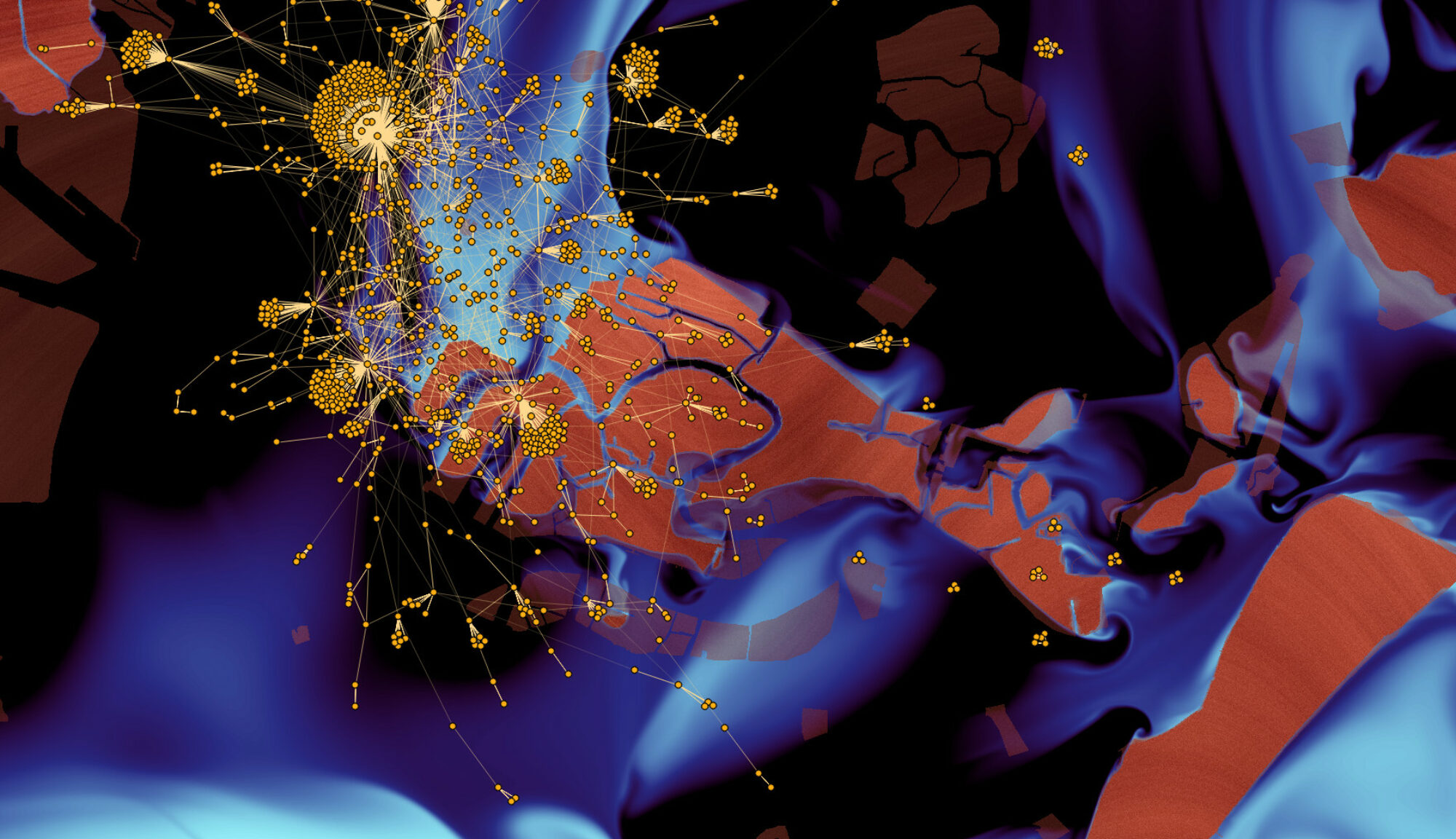Marcelo Dias De Amorim
14/01/2010, de 11H00 Ă 12H00, en salle 847
In this talk, we will discuss some preliminary work on the spatial characterization of intermittently-connected wireless networks. The motivation is that the literature has focused almost exclusively on the temporal aspect of contacts and inter-contacts between nodes. Furthermore, it is frequently assumed that contacts have infinite capacity, which is a too strong consideration especially in wireless networks. We propose the surround indicator as a metric to exhibit the spatial dimension of contacts in opportunistic networks. This metric can be used for example as a measure of potential interference that a contact might undergo or to understand the validity of forwarding strategies like betweenness centrality. We evaluate the surround indicator on two existing datasets. Our preliminary results reveal that contacts have too heterogeneous surrounds to be considered only in terms of duration. This work is part of Nadjet Belblidia’s thesis and is done in collaboration with JĂ©rĂ©mie Leguay (Thalès), Vania Conan (Thalès), Jon Crowcroft (Cambridge University), and Serge Fdida (UPMC).

